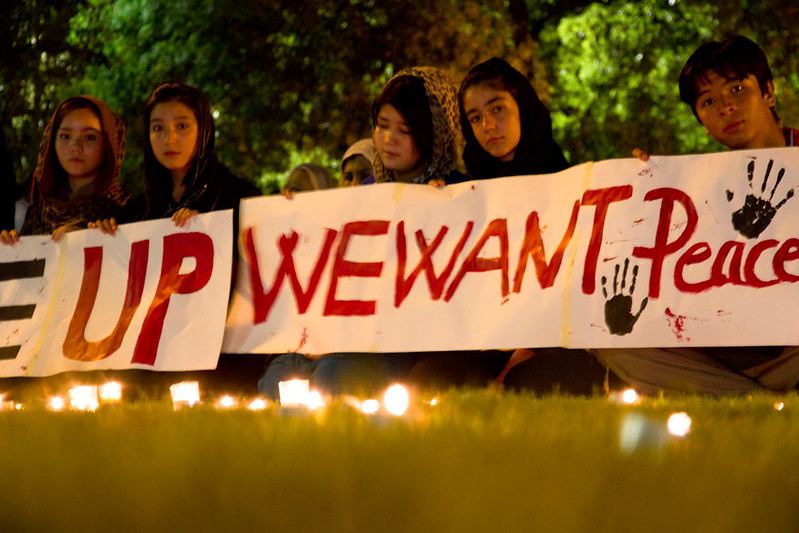Soon after President Trump fired Defense Secretary Mark Esper in a tweet, he appointed his apparent loyalists and strong opponents of US presence in Afghanistan; Retired Army Col. Douglas Macgregor has been appointed as the senior advisor to the new acting Defense Secretary Chris Miller, who has been against US troops’ presence in Afghanistan. Macgregor has advocated for a complete withdrawal of the US troops and even the removal of the US Embassy in Kabul. Along with the firing of Mark Esper, three other senior civilian officials either resigned or were fired.
The changes in the leadership of the Defense Department worried many in the US and Afghanistan. These changes also come at a time that many top generals and security officials have repeatedly warned against a rushed and a complete withdrawal from Afghanistan. A number of current and former both security and civilian officials have repeatedly called a complete withdrawal “reckless” and dangerous. US security officials have also repeatedly warned of the existence of terrorist groups and leaving a security vacuum in Afghanistan.
Sources close to CNN have told the TV station that the changes in the Defense Department were prompted by Esper disagreeing with Trump on a “premature” and complete withdrawal from Afghanistan. Esper and his aides advocated for two major conditions to be met before the US withdrew its troops from the country: the Taliban cutting its ties with Al-Qaeda, and agreeing to come to an agreement with the Afghan government. Both conditions are not met. Several reports of the UN and other sources indicate that the Taliban continues to enjoy strong support from Al-Qaeda, and the group has been vocal on not recognizing the Afghan government or making any progress in the ongoing peace talks in Doha, Qatar.
Despite the lack of progress in peace talks and the deteriorating security situation on the ground across Afghanistan, the Trump Administration continues to push for a complete withdrawal from Afghanistan, something that has worried many Afghans and allies across the world. France’s Foreign Minister recently said that in an upcoming meeting with Secretary of State Mike Pompeo, he will make it clear to Pompeo to not withdraw from Afghanistan or Iraq because of the continued presence of terrorist groups, threatening global security. NATO Secretary-General made similar statements, on considering the reality on the ground.
Afghans and experts on Afghanistan hope that with the departure of Trump, there will be a change, more clarity, and accountability on Afghanistan in the Biden Administration. Afghan negotiator and a former Member of Parliament, Fawzia Kofi, hopes that the new administration will consider the reality on the ground and will have better clarity so that the Afghan government can be better prepared for any reduction in numbers of troops. Biden and his team have yet to announce a strategy on Afghanistan, but there is hope that he will not create a complete security vacuum in Afghanistan or the Middle East.
On the other hand, the Taliban has increased its attacks on the Afghan people and uses the increased violence as leverage in the peace talks. The group warned that if the new administration in the US does not abide by the Doha agreement, signed between the US and the Taliban in February of this year, they will further intensify their war against the Afghan people. In the last two months since the negotiations began on September 12 in Doha, the Taliban has increasingly targeted women leaders, members of civil society, students in educational centers and a university, and recently assassinated two well-known journalists.
There is no progress reported on the Afghan government and the Taliban peace talks in Doha. The Taliban argues to base their negotiations on the agreement signed between the group and the US. However, the Afghan government was not a part of the Doha agreement, is not a signatory to the agreement, and refuses to accept the Doha agreement as the base for the negotiations. The Afghan government has suggested to the Taliban to respect the will of the Afghan people and the several bilateral agreements between the Afghan government and its international allies, including the US.













